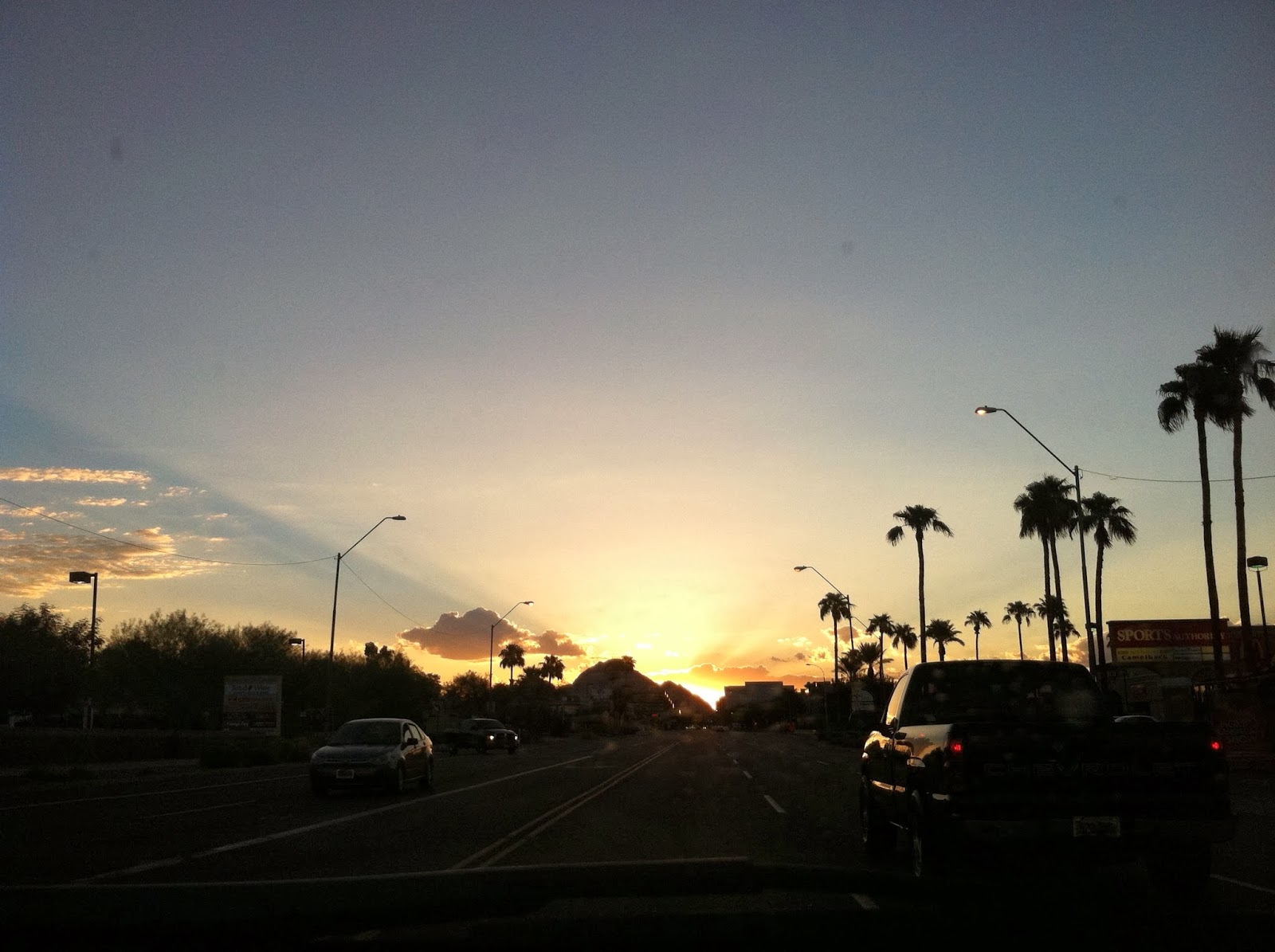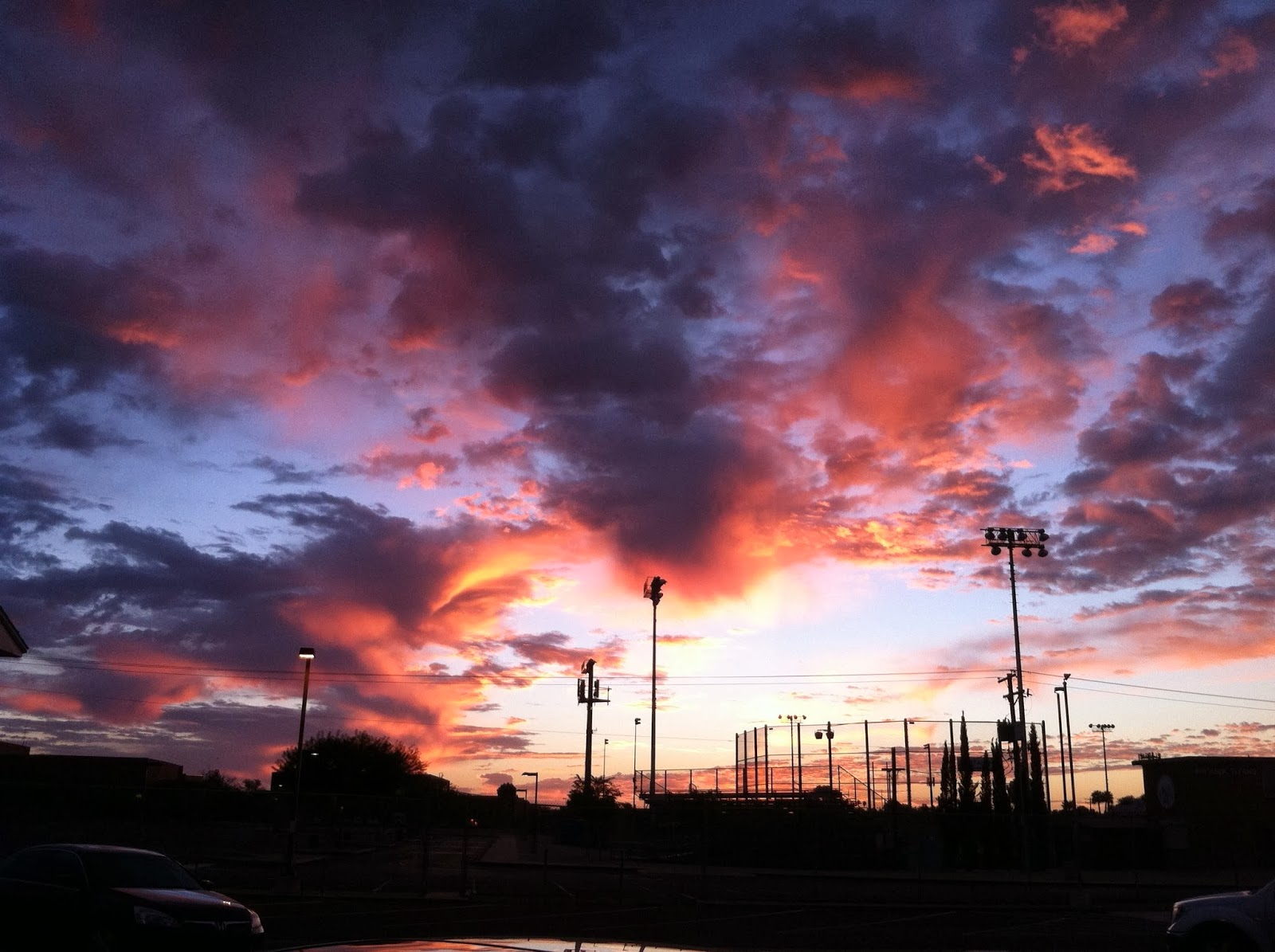Welcome to the blog article with the cheesiest title of all time.
Also, welcome to a blog article written by an author who doesn't quite know her blog voice yet.
And without further ado:
Education.
One of American society's favorite ambiguous words.
Why do we all think education is so important?
So that we can get good jobs?
So that we know a lot of stuff?
So that we can hang that diploma on the wall and say "yeah, I graduated magna cum laude from ______ University"?
So that...?
I think education is important because it builds people who know what it means to build people. At the risk of sounding cliché, education builds minds and, as an extension of that, souls. Education, in the true spirit of the word, helps us achieve "the good life" that we always seek.
Education builds minds on multiple levels. Education builds minds by increasing an individual's depth and breadth of knowledge (ie; accumulating facts and information about various subjects). This is good on both a practical level, and on the level of entertainment. Reading comprehension skills, for example, help us in our every day lives. Reading books is also fun. This same bi-partial logic can be applied to any area of learning: art, music, math, science, etc. Education builds minds also by strengthening an individual's capacity to think critically, analytically, deeply, and often. These sorts of thinking skills are great across the board. On a practical note, these methods and habits of thinking foster individuals better-equipped to vote or make any major decision. When we can think critically about issues, we can make better-informed judgements and vote or choose with intention.
These same thinking skills provide the basis for a lifetime of learning. They ensure that learning does not cease when that diploma reaches the student's hand. When a person can think deeply about things, he or she tends to do so frequently, and thinking deeply and frequently generally enriches a life. The more we think about the world we live in, the more we understand our lives and how to make them good.
Furthermore, critical thinking skills tend toward introspection. So when a person thinks deeply about anything, inevitably he or she will begin thinking deeply about him/herself. Introspection is important because to truly live in the best way possible, which is what we all subconsciously (at least) strive for, requires a knowledge of self and what is best for the self. Beyond being utilitarian, introspection is beautiful, because it teaches you that even though you are one individual human being with a very specific and complex life, you are one of millions upon millions, and therefore a part of something bigger. In that way, the more you know about yourself, the more you know about the humans that populate this strange and vast world. And the best part of all of this is that the more we learn, the more we want to learn, and the more we realize just how much there is to learn, so the cycle is self-perpetuating—in a very good way.
Beyond the tangible—the most apparent—effects of education, education builds souls.
What is a soul?
I don't know, really.
Certainly not that translucent, sort of glow-ey, whit-ish blobular human-esque shape that so frequently appears in children's popular culture. Probably a soul is not something tangible. Probably, it's more internal, something within ourselves that we all have but can't really place. I can't find my soul, or touch it, or even describe it, but I know it's there. Some people and groups identify it as some sort of "inner energy". I can't tell you where or how my soul is but I know it's there somewhere and somehow. Education in relation to the soul incorporates lots of very old ideas about stuff like morality and virtues and divinity, into theology, science, the universe.... Wow, that escalated quickly. The point is, we don't really understand it but we've tried to—through lots of education. Ancient philosophers like Plato and Aristotle and many many more tried to figure out what the soul is and how to make it the best it can be, and how knowing about it contributes to "the good life". And these philosophers wrote hundreds of pages in books about the issue. Today, we still study those pages, searching for insight that may possibly point us toward a glimmer of an answer. And as we do so, we fine-tune our understanding of the soul, as much as is possible for a person. Now, this goes back to the introspection: as we try to understand our souls, we inevitably try to figure out how to order them correctly, and ultimately how to get ourselves on the path to "the good life". And thinking deeply about anything contributes to the order within our souls. Now, please don't ask me what exactly "the good life" is; I am still trying to understand that. That's part of what learning and education do—seek to understand the Good.
All this to say, education is so much more than a career-path. It's more than a lecture hall headed by a professor. That's a part of it, and careers are great. I love careers. I can't wait to have one. But beyond that I love the True, and the Good, and the Beautiful, and I want to seek these things throughout the rest of my life, by means of everything else I do. And I can say with a great deal of certainty that I will have the opportunity to seek these things throughout the rest of my life.
But not everyone can say with certainty, the way I can, that they will have the opportunity to seek higher education in the way I've discussed. There are people who are passionate about learning and seeking the truth, like me, but who cannot do so. They don't have the opportunity to engage with great books and ideas and learn how to take those things and think about them always. I want to be the voice for these people, and speak out with them as they fight for what they know they need. They need to learn and they love to learn. They do so to the extent they can, but too often, that extent is limited.
Everyone has a right to education, and to everyone who feels restricted from that right: I will fight for you.














































